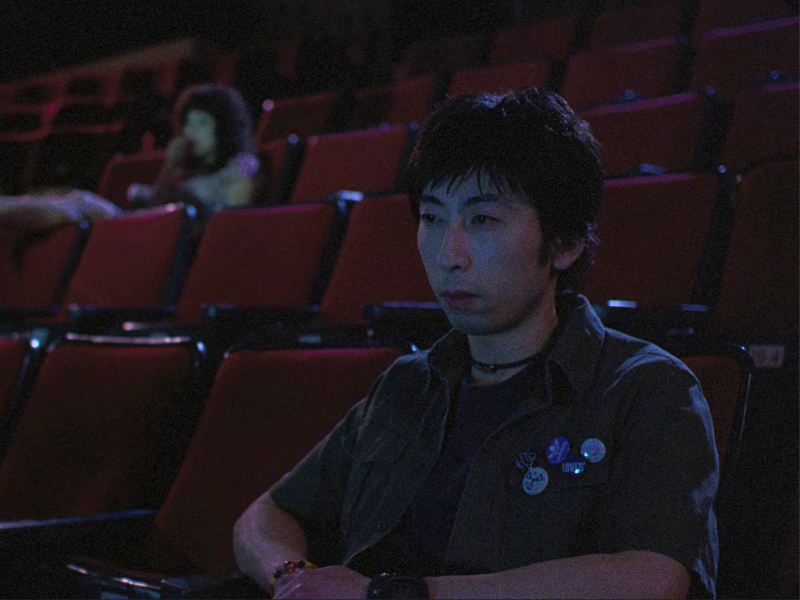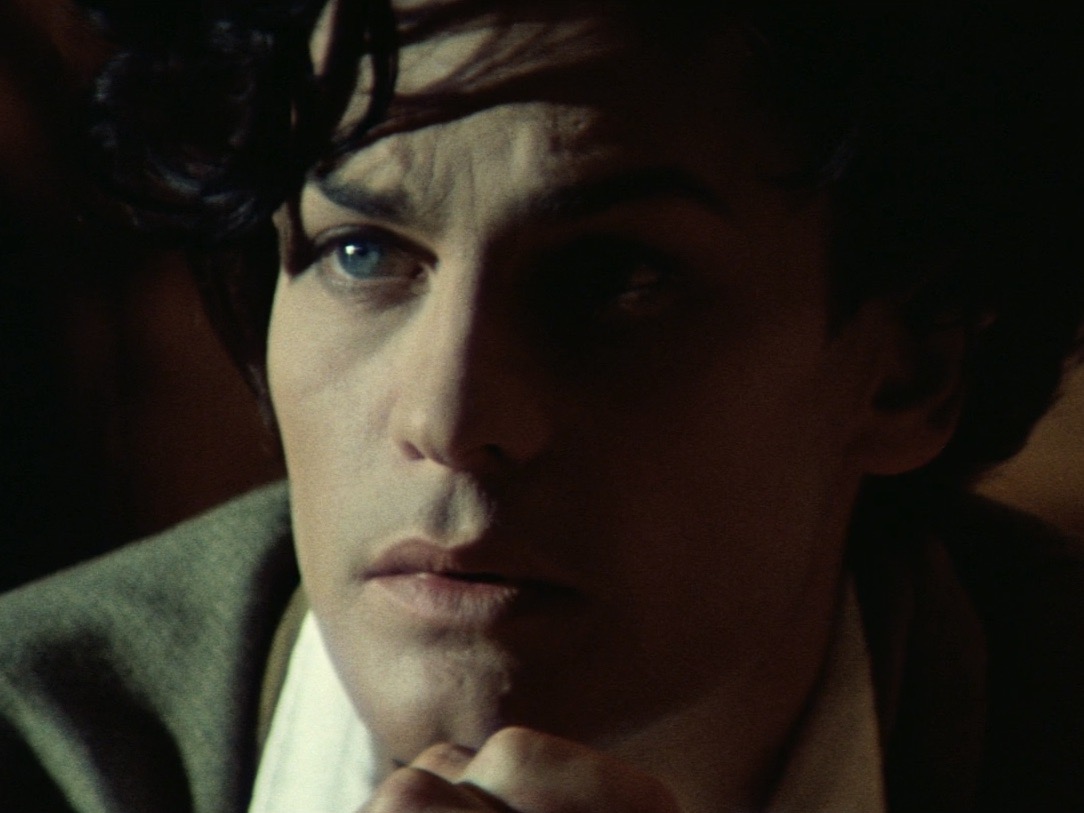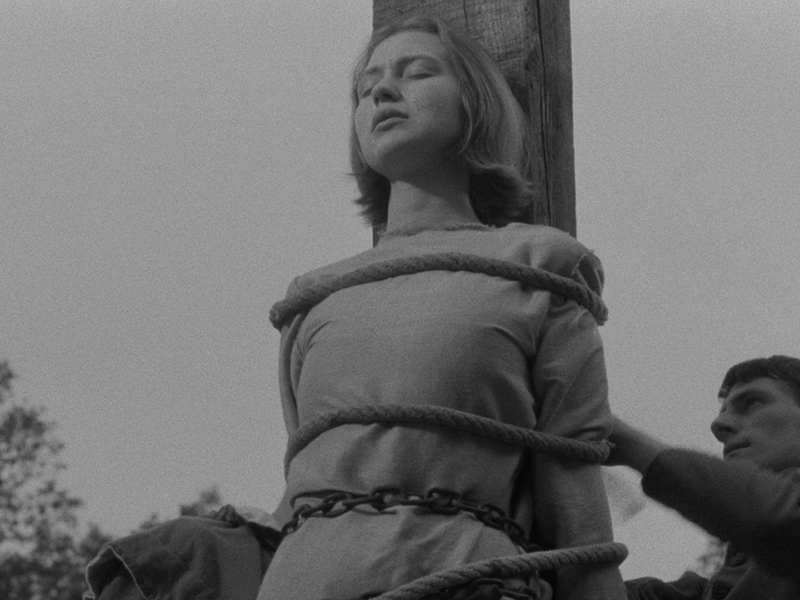Week 25/2023
This week’s selection is about history. How does cinema reflect on the past?
The first film will be screened on Tuesday in Ghent and Bruges (and you can also watch it on Sunday in Brussels!): Goodbye, Dragon Inn by Tsai Ming-liang (2003). The film takes place in an empty cinema in Taipei, Taiwan, where the last screening of the wuxia (a genre about martial artists in ancient China) film Dragon Inn by King Hu (1967) will be shown. Goodbye, Dragon Inn marks a shift in the cinematic experience, in a communal sense, where we no longer regard watching film as a social activity in a public space.
On Thursday, we leave metafiction and enter Luchino Visconti’s full on period piece, Ludwig (1973). This four-hour long film is newly restored in 4K and will be shown at Palace in Brussels. It is the last film of his German trilogy. A film that Dirk Lauwaert described as “[a] return […] to cinema’s first gesture: a moving image thrown onto a screen in a dark room.”
Finally, Robert Bresson’s The Trial of Joan of Arc (1962) is playing at CINEMATEK in Brussels, where we witness a cinematic interpretation of the records of the trial of Jeanne d’Arc. In this historical work, Bresson, wanting to avoid making a period piece, opted to make the set design and costumes as plain as possible. He also worked mostly with non-professional actors in an attempt to move cinema away from theatre. Cinema had – and still has – to recognize itself as a proper artform, which Bresson renamed “le cinématographe”.




